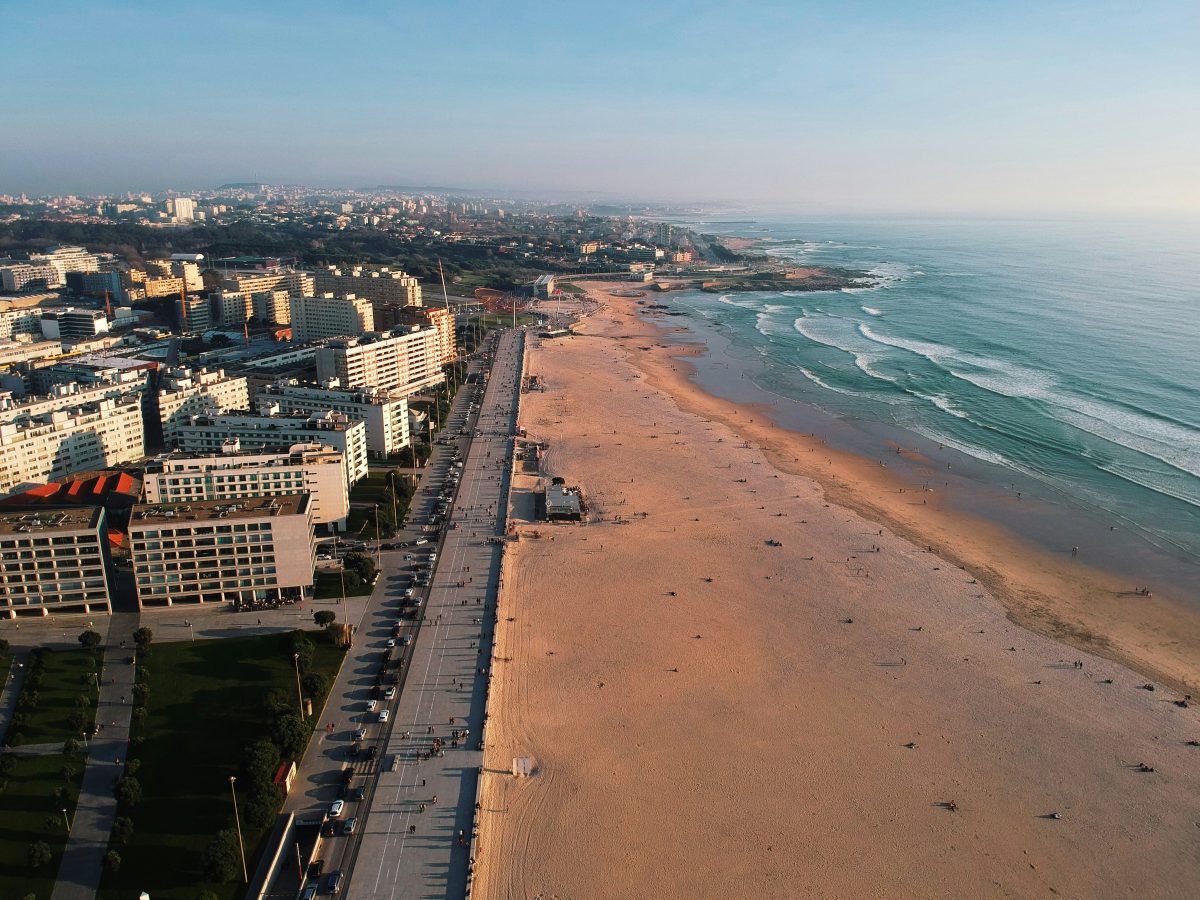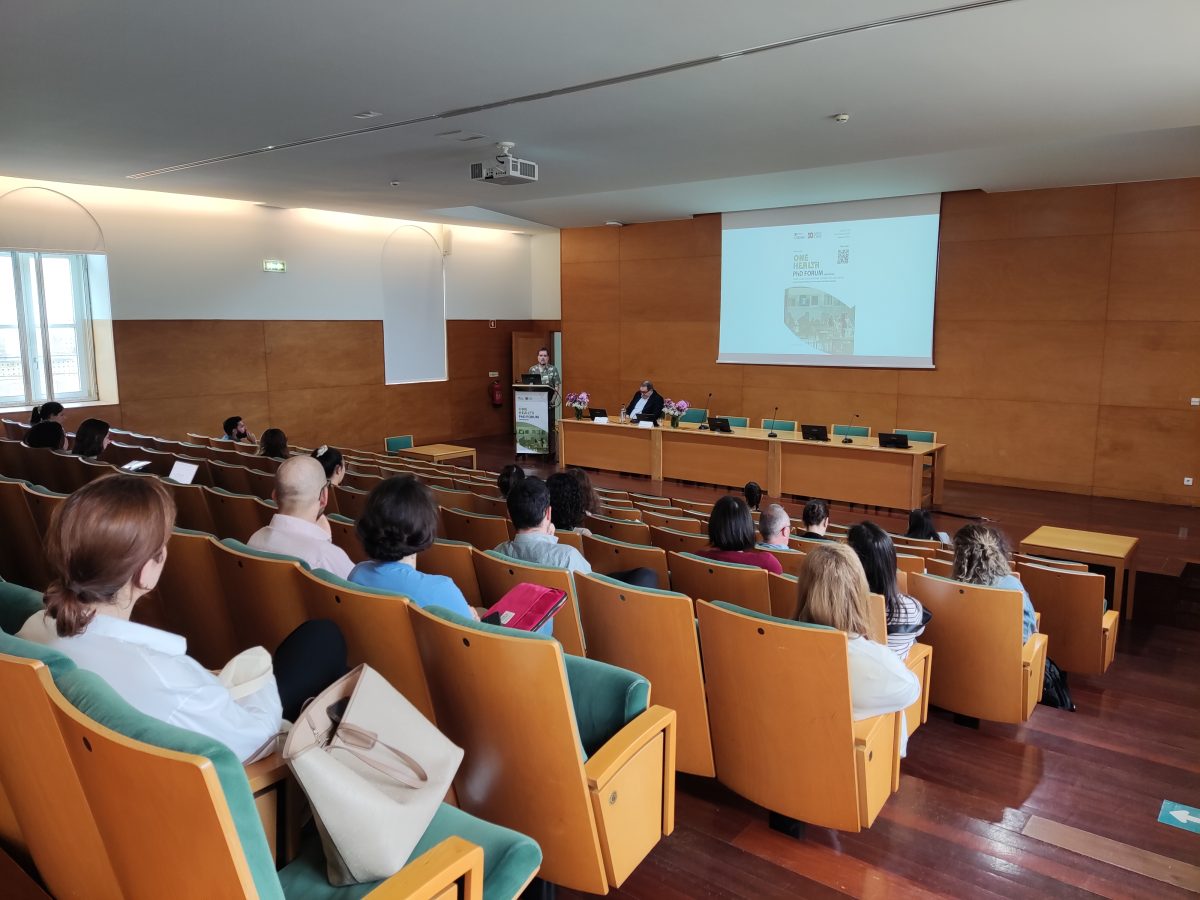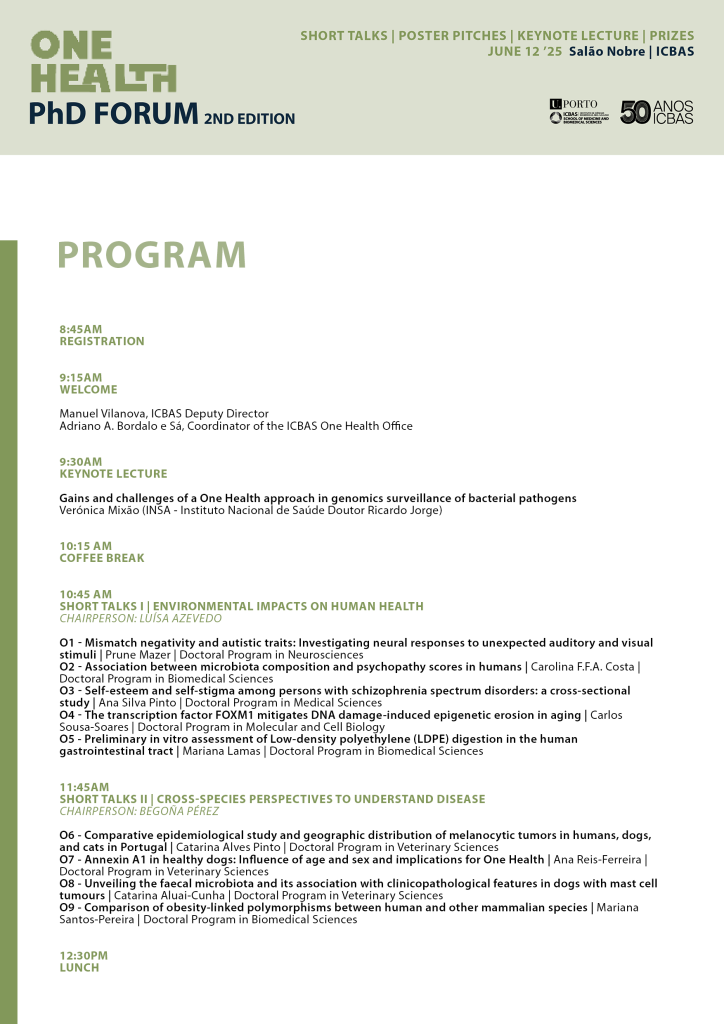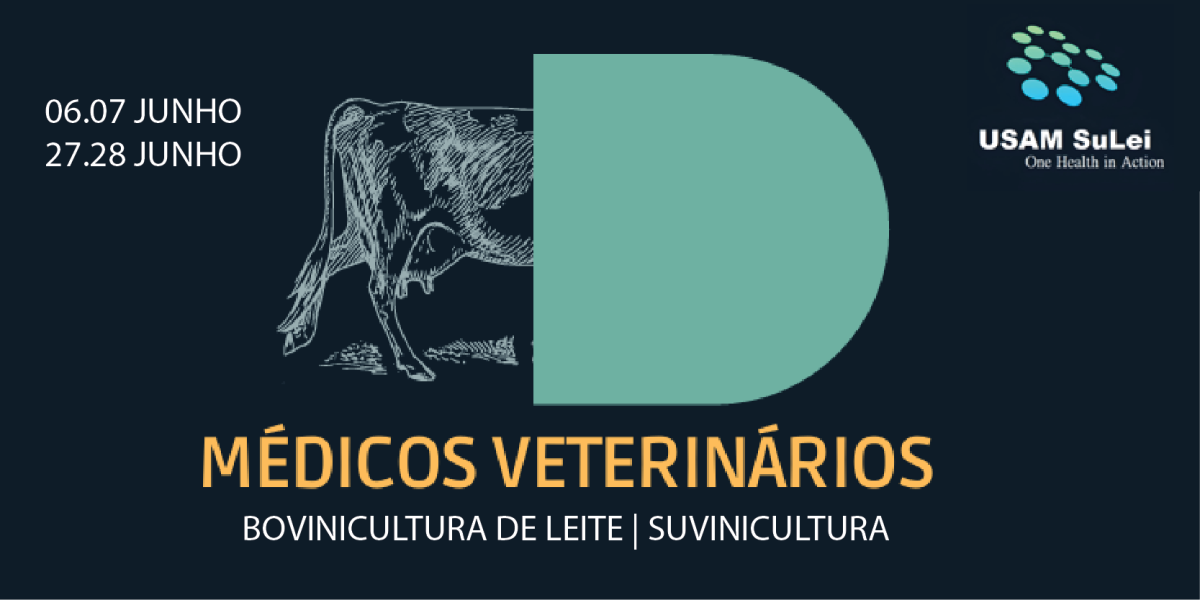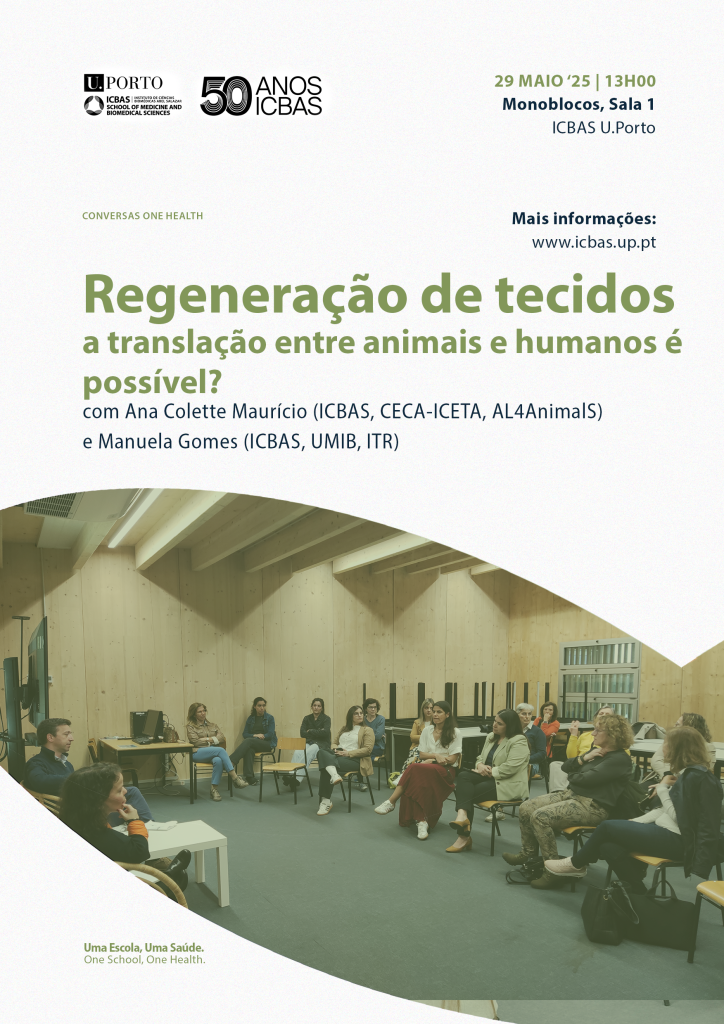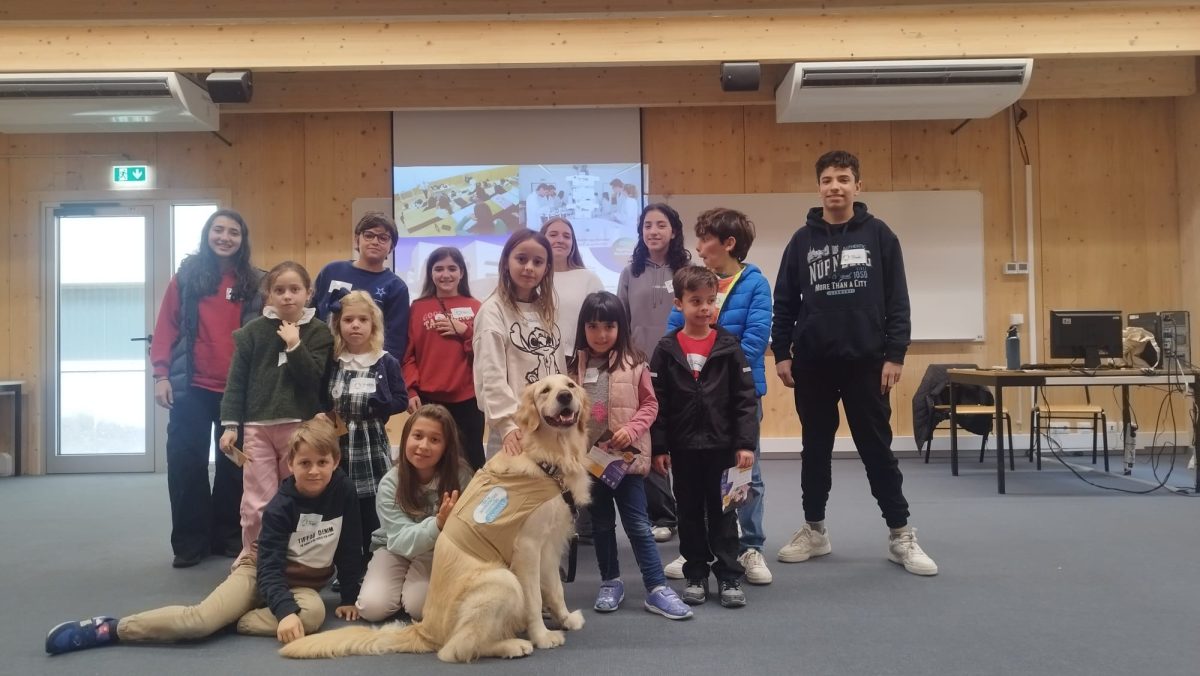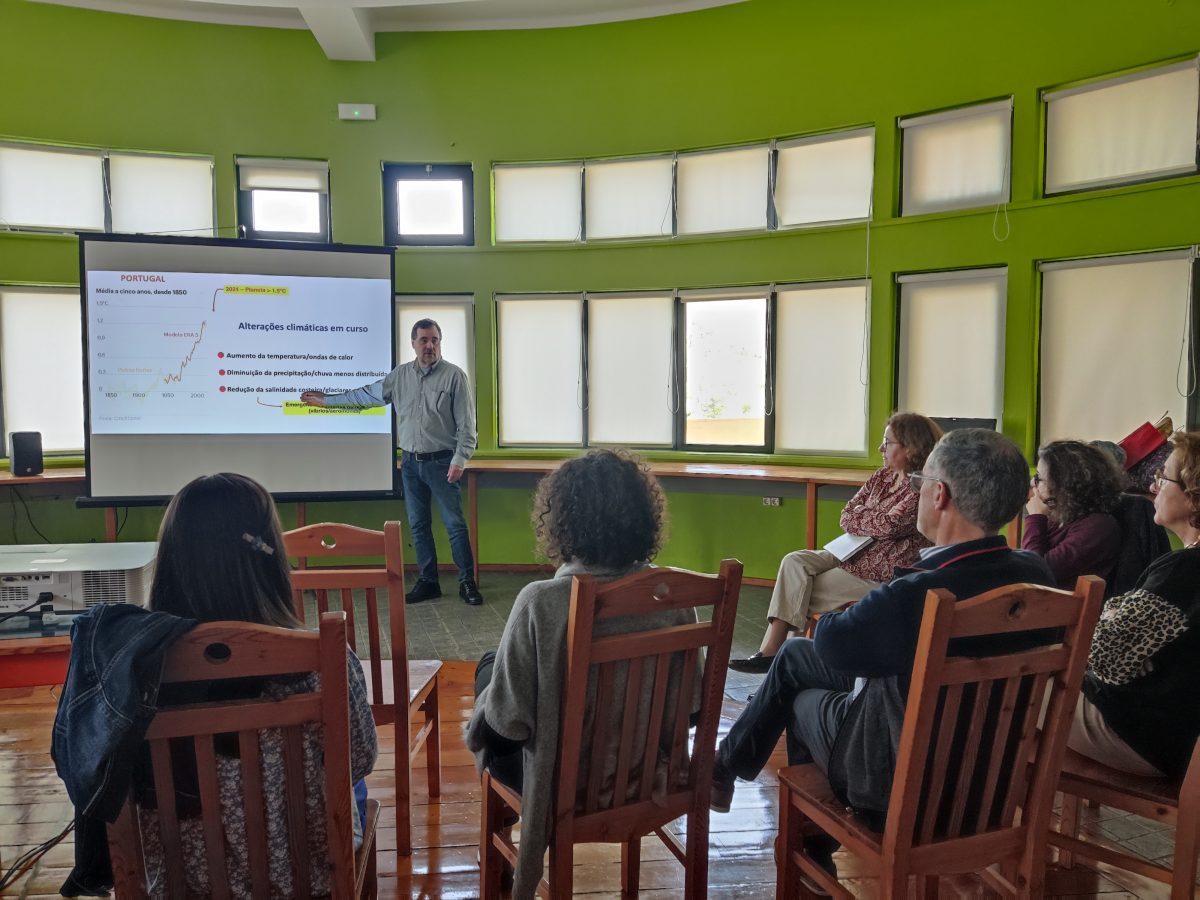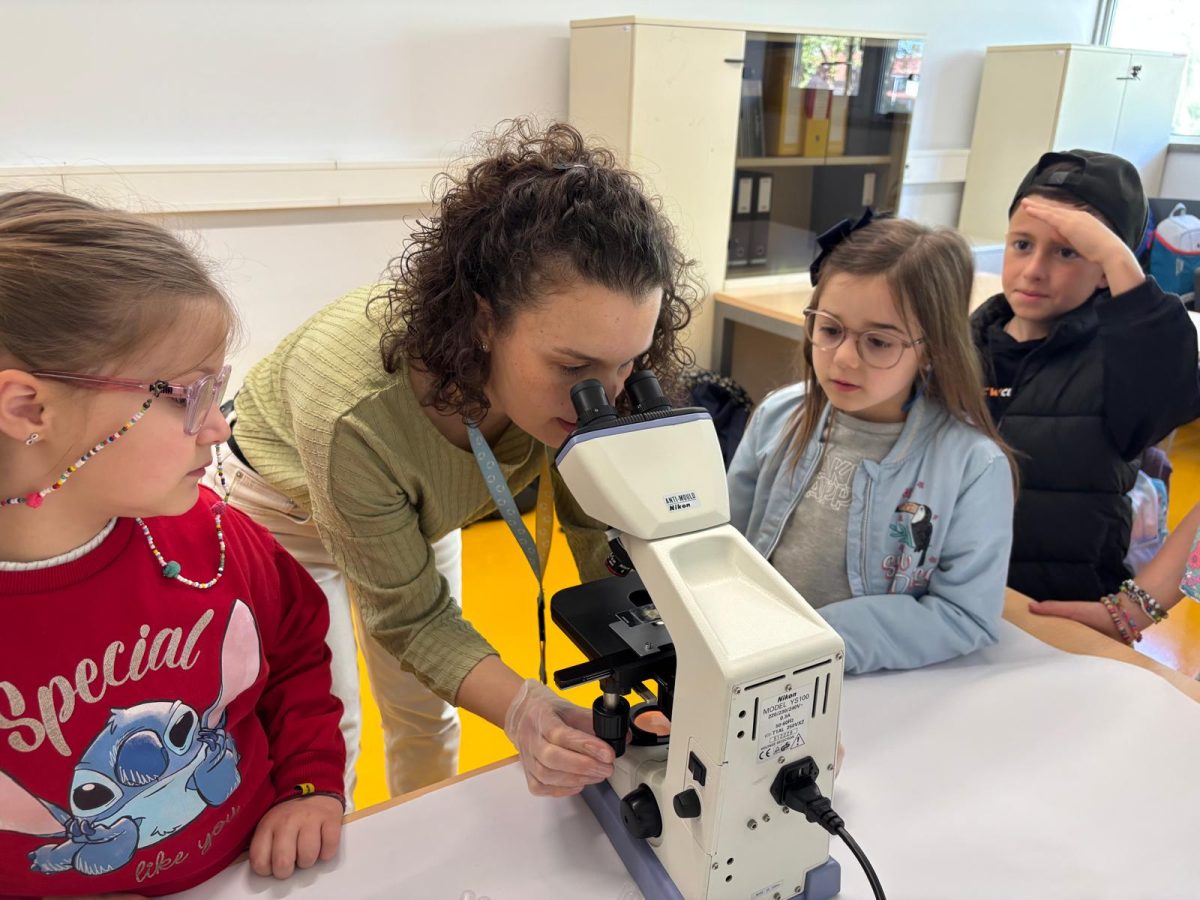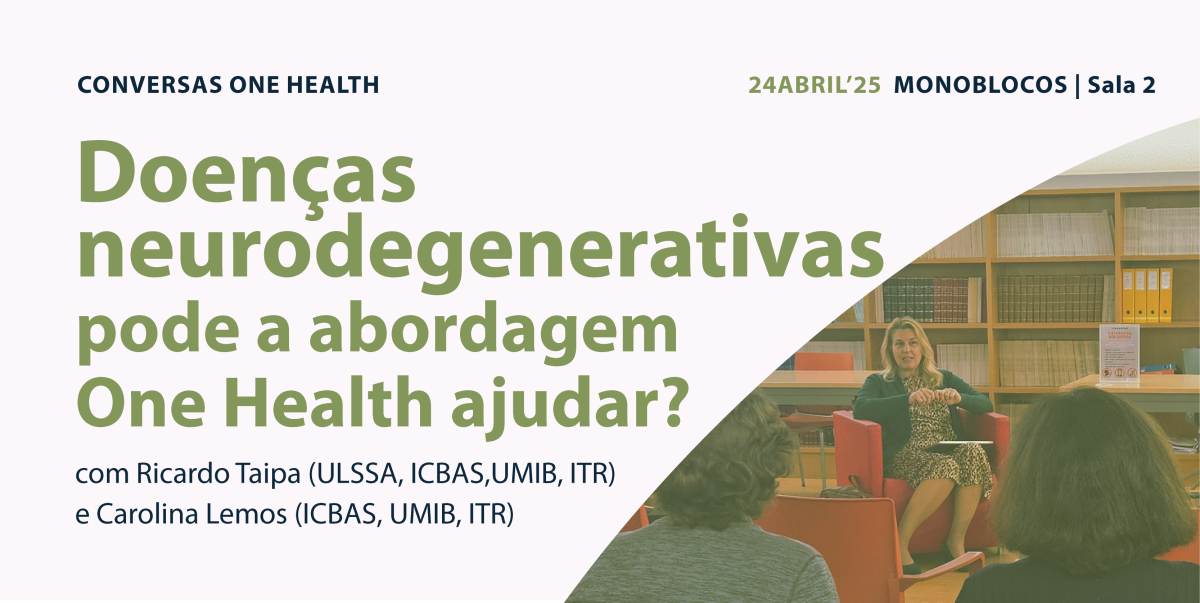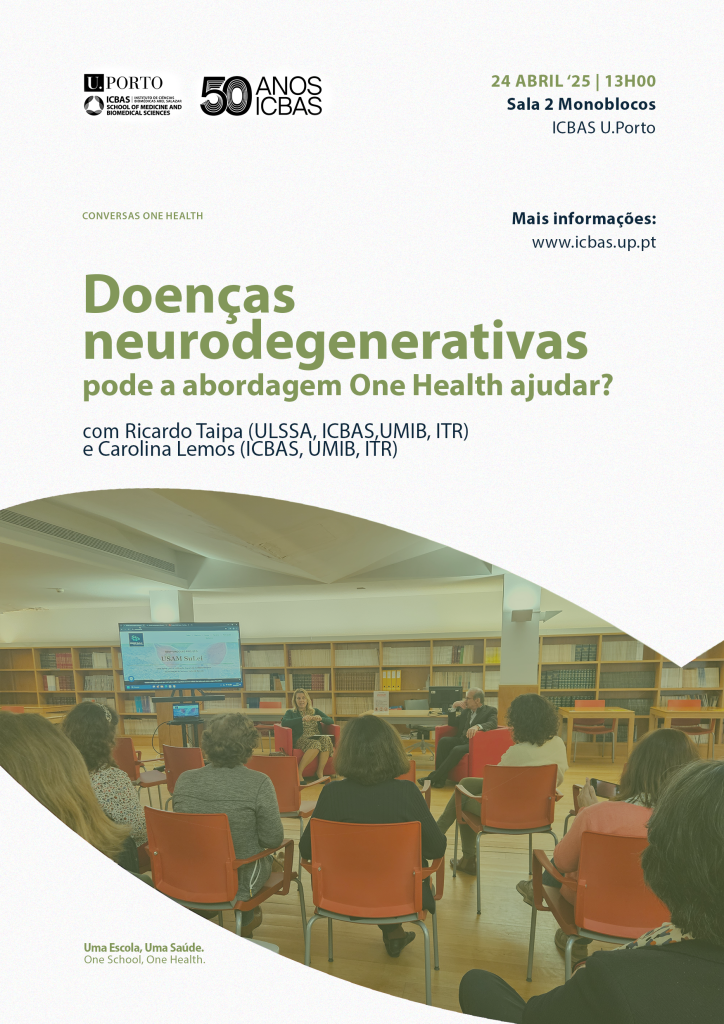On 15 and 16 April, the Instituto de Ciências Biomédicas Abel Salazar (ICBAS) of the University of Porto held an educational event for a very special audience: the children and young relatives of its staff. The event, organised by Andreia Mendes from the Social Responsibility Unit and Begoña Pérez from the One Health Office, aimed to promote scientific literacy among young people through activities based on the One Health approach.
“We wanted to show the children what we do here at ICBAS, but in an interactive way adapted to their ages. Our main goals were to spark scientific curiosity and provide learning moments in a dynamic and inspiring environment. This connection to our School holds great emotional and institutional value, both for staff and their families, not only because it helps to spread the One Health concept, but also, who knows, it might inspire greater awareness when it comes to future academic choices,” explains Andreia Mendes.
Approximately 20 children took part in the sessions, which were tailored to different age groups. On 15 April, participants aged 10 to 14 explored the importance of clean water and the inequalities in access to quality water across different regions of the world through an activity entitled “Water, a resource for all?” led by Lúcia Gomes, a research intern at the Laboratory of Hydrobiology and Ecology. The following day, younger participants, aged 6 and above, interacted with a therapy dog from the Ânimas Association while learning about the basic principles of pet welfare and its positive impact on human health, as well as the prevention of zoonotic diseases (transmissible between animals and humans).
Begoña Pérez, responsible for designing the activities, highlighted that “children understand the One Health message very well and enthusiastically share it with their families. It is a way of educating future generations and, indirectly, raising adults’ awareness of the importance of integrated health.”
This was the first edition of an event entirely aimed at the families of staff, which the organisers plan to repeat: “This experience has shown that there is interest for more events of this kind, so it is worth investing in the future, perhaps with new topics,” concludes the organisation.
Image: ICBAS.


